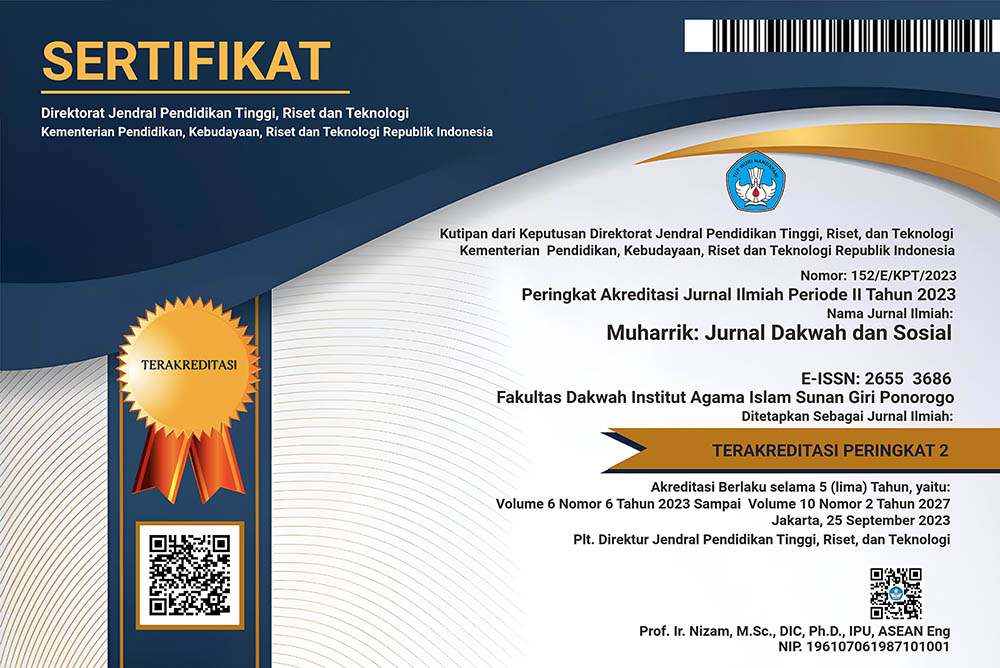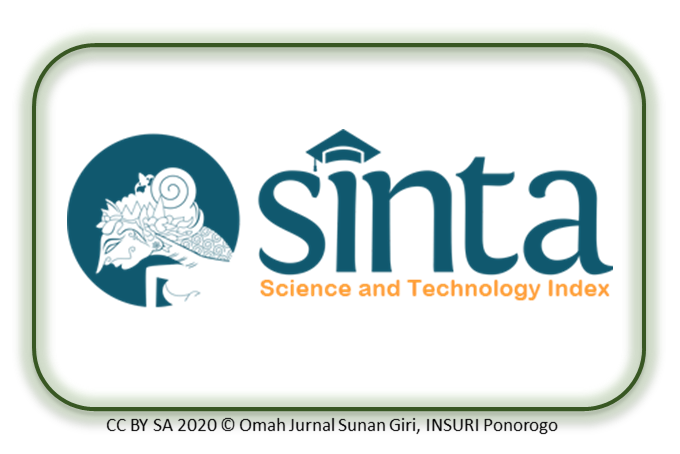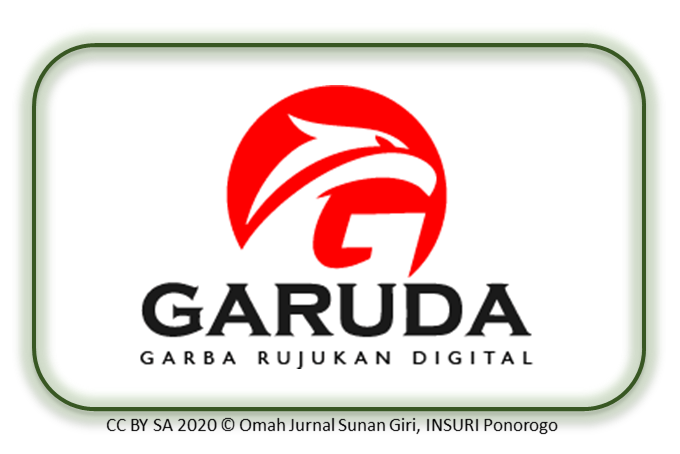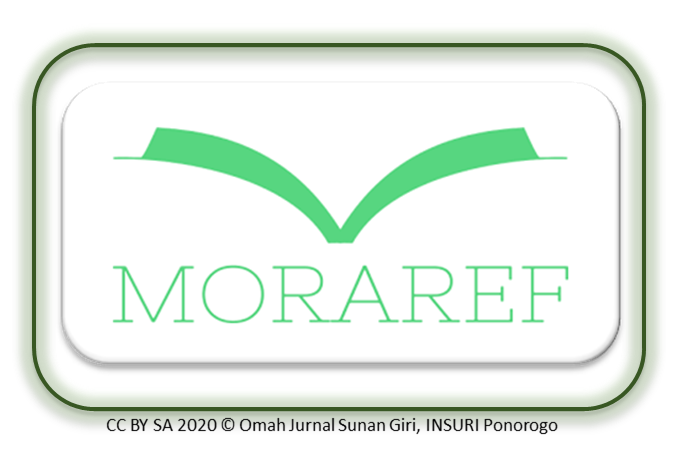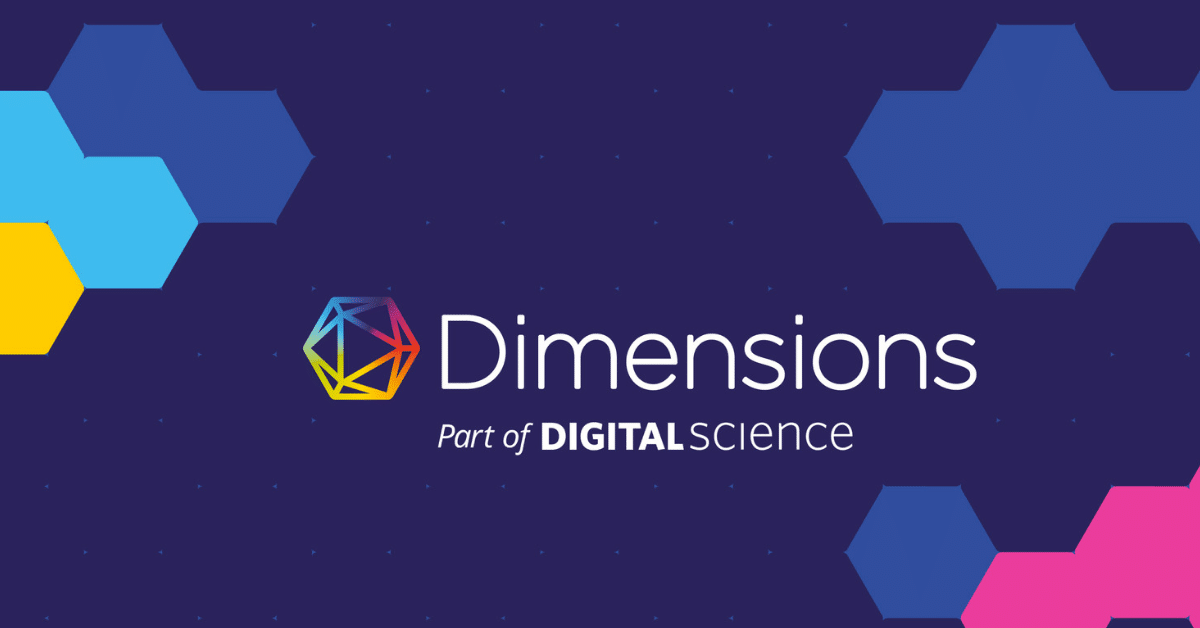Strategies to Address the Negative Impact of Misinformation through Strengthening Digital Literacy
Keywords:
Digital Literacy Skills, Misinformation, Social Aspect, IndonesiaAbstract
The spread of misinformation, or what is usually called hoax, ahead of the general election has increased sharply. There are increasingly new ways to disseminate misinformation; one example is context collapse. Digital literacy skills are considered effective in preventing negative impacts from spreading misinformation. This research uses a qualitative approach by reviewing the literature in depth regarding digital literacy skills to respond to the negative effects of misinformation. This research aims to explain various methods of digital literacy skills. Digital literacy methods can be applied, namely social networking, transliteracy, maintaining privacy, filtering, and selecting content. An approach to harmonizing digital literacy concepts, conducting periodic surveys regarding the digital literacy index every year, being an initiator in creating a digital literacy landscape, making the digital literacy curriculum an essential part of a sustainable program, and including more measurable targets in responding to misinformation. At the same time, increasing the digital literacy index in Indonesia in 2023 will become a fundamental strategy as a form of prevention in preparing for the Indonesian nation's annual activities, namely the general election in 2024.
Downloads
Published
Issue
Section
License
The author(s) retain/s the copyright and grant/s Muharrik: Jurnal Dakwah dan Sosial the first publication rights licensed under the Creative Commons Attribution-NonCommercial 4.0 International (CC BY-NC 4.0) , which allows others to access (search, read, download and quote), share (copy and redistribute the material in any media or format) and adapt (mix, modify and develop) works for legitimate non-commercial purposes, with recognition of the authorship of the work and its initial publication in this journal.


